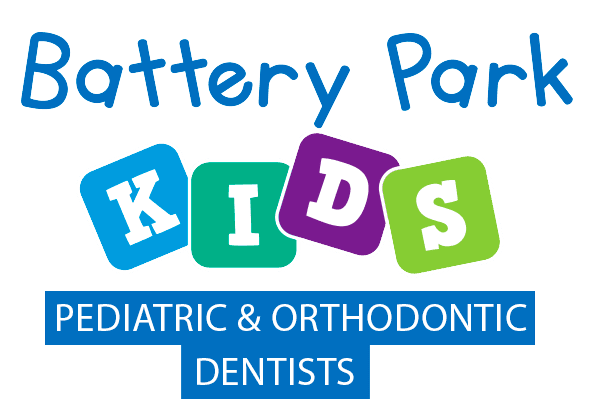Sedation dentistry has become increasingly possible in modern dental work and has helped to change the way patients are affected by dental work. Sedation dentistry helps to relax anxious children so that their dental treatment can be completed quickly, safely, and without the trauma of pain or fear. At Battery Park Pediatrics, we offer conscious sedation as a method of providing your children with the best possible dental experience. Conscious sedation is a moderate form of sedation that allows your child to be awake, but relaxed and pain-free. Many times, children who have undergone conscious sedation do not remember the procedure.
Did You Know?
Dental sedation has been around since the 19th century and not only helps alleviate dental anxiety, but can also be helpful for those with a strong gag reflex or who don’t like sitting still.
Frequently Asked Questions:
What kind of sedation methods does Battery Park Pediatrics offer?
Battery Park Pediatrics provides the following sedation options:
- Inhaled sedation: Using a special mask that fits over the nose, your child will inhale nitrous oxide, or laughing gas. This gas will begin to work within a few minutes and will give them a euphoric, calm feeling. Our dentists can easily control the amount of gas they receive and once they stop inhaling the gas, they will return to normal.
- Oral sedation: A sedative will be given orally, either through a pill or liquid, before the procedure to relax your child. Depending on the amount given, sedation can range from minimal to moderate. In most cases, oral sedation will make your child drowsy and they may fall into a light sleep.
- IV sedation: This moderate sedation is delivered through the vein and can be easily regulated by the dentist. This is not as commonly used as the other two methods.
How should I prepare my child for sedation dentistry?
Before your child’s procedure, our dentists will discuss the necessary preparations with you. Depending on the type of sedation, our dentists may tell you to not let your child eat or drink non-clear liquids after midnight. Then you will want to stop all clear liquids two hours before their procedure. To help make the experience easier for your child, you will want to make sure they are in comfortable clothes, have closed toed shoes, and have them bring a favorite toy or blanket for support. You will also want to remain calm and reassuring.
How do I take care of my child after sedation dentistry?
Once the procedure is over, you can accompany your child as they come out of sedation. Some children bounce back from sedation quickly, while others take a little longer. As the medication wears off, your child may have different reactions. Crying, being fussy, feeling nauseous or dizzy, or even vomiting are normal reactions and should cease when the medication wears off. They may also experience drowsiness for the rest of the day and should be kept home from school or other activities to relax.
For the first two hours after the procedure, your child may still experience numbness in their nose, mouth, throat, and tongue. Because of this, you will need to watch them carefully when eating or drinking to make sure they do not accidentally choke or bite the insides of their mouth. You should also only feed them soft foods in the hours following their dental procedure.
Is there anything I need to watch out for?
If your child has a fever, severe bleeding of the gums, severe pain, or is vomiting for more than 24 hours, call our office immediately. After treatment, our office will provide you will special guidelines that explain what other things to look out for and how to remedy these situations.
Is sedation dentistry safe for my child?
Recently, people have begun to question whether or not sedation dentistry is safe for children. While there are always risks associated with any medical procedure, sedation dentistry is considered to be safe for children if performed correctly. This means that the dentists administering the sedation are properly trained and that the office follows all the sedation safety protocols. During your child’s procedure, their blood pressure, heart rate, and oxygen levels will all be carefully monitored for changes.
Furthermore, as a parent there are things you can do to minimize any possible risks associated with dental sedation. First, you will want to make sure you inform our dentists about your child’s medical history and about any medications they are taking. If your child has sleep apnea, loud snoring, large tonsils or adenoids, or is obese, you will also want to discuss these things with our dentists. Next, you will want to follow all of our pre-treatment guidelines and make sure your child follows them as well. Finally, trust your instincts as a parent and call immediately if you suspect your child isn’t acting like themselves.

